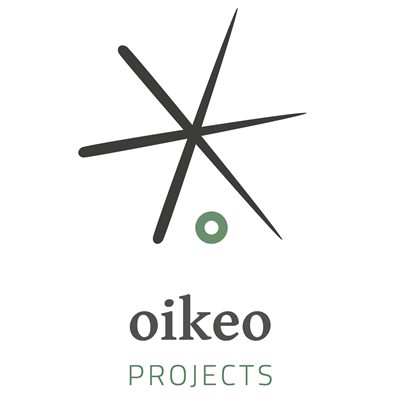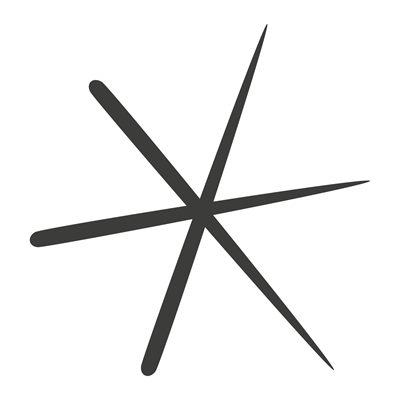

04.11.2016
Die Flüchtlingskrise auf dem Mittelmeer berührt mich zutiefst. Die Verzweiflung der Menschen, ausgelöst durch Krieg, Terror, Armut oder Hunger, die sie zu der Entscheidung führt, diesen gefährlichen Weg auf sich zu nehmen, ist kaum vorstellbar. Welche Mutter, welcher Vater, würde sich sonst freiwillig in eine solche Gefahr begeben?
Das Leid der Menschen ist die eine erschreckende Seite. Die andere betrifft uns im Westen ganz konkret. Europa schottet sich ab – der Weg übers Mittelmeer wird zur letzten Möglichkeit, in Europa Zuflucht zu finden. Viele Menschen in Europa – und der Schweiz – wehren sich vehement gegen die Aufnahme von noch mehr Flüchtlingen. Und gleichzeitig geht in vielen Ländern die Ausbeutung von Menschen und Rohstoffen weiter, ausgelöst unter anderem durch grosse Europäische und Schweizer Konzerne. Dass der Wohlstand Europas unter anderem auf der Ausbeutung vieler ärmerer Länder gründet, bringen viele Menschen nicht mit der Flüchtlingskrise in Verbindung. Der Westen muss sich dieser Verantwortung bewusst werden.
Seit langem wollte ich mich an ein Kinderbilderbuch wagen. Eine schriftliche Arbeit im Rahmen meines „CAS Nachhaltigkeit“, in der ich mich mit der Vermittlung von Nachhaltigkeit mithilfe von Bilderbüchern befasst habe, schien da ein guter Start. Zwar habe ich das Buch unabhängig von dieser Weiterbildung gestaltet, konnte aber einiges aus der Theorie dieser Arbeit profitieren. So bin ich beispielsweise zum Schluss gelangt, dass auch ein so schweres Thema wie die Flüchtlingskrise durchaus in einem Kinderbilderbuch thematisiert werden darf – ja, vielleicht sogar thematisiert werden muss. Kinder leben in der Realität. Kinder schauen die Zeitung an und sehen Bilder. Sie werden KlassenkameradInnen haben, die Geschichten wie Karim erlebt haben. Und sie werden Fragen stellen. Vielleicht eines Tages auch diese Frage: Wie konnte der Westen zuschauen, wie Tausende Flüchtlinge im Mittelmeer ertrinken?
Was werden wir darauf antworten?
Die Geschichte von Karim ist keine Biografie – und doch bin ich sicher, dass es viele Kinder wie ihn gibt. Darum heisst es auch in der Widmung des Buches: Für Karim, möge deine Reise zum Frieden führen. Und für alle, die auf Migration nicht mit Zäunen, sondern mit Menschlichkeit reagieren, möge der Friede in euren Herzen überfliessen.
The refugee crisis on the Mediterranean Sea moves me deeply. The desperation of the people, caused by war, terror, poverty or hunger, that leads to these kind of decisions: following the dangerous way over the sea. This is almost impossible to imagine. Which mother, which father, would voluntarily put themselves into this position?
Human suffering is one terrifying side. The other side concerns us in the West. Europe seals itself off - the route across the Mediterranean becomes the last chance to find refuge in Europe. Many people in Europe - included Switzerland - are vehemently opposing the admission of more refugees. And at the same time, the exploitation of people and resources in the South continues in many countries, among other things by large multinational corporations. Many people do not associate Europe's prosperity with the exploitation of many poorer countries in connection with the refugee crisis. The West must be aware of this responsibility.
For a long time I have wanted to venture into a children's book. My final paper of my “CAS Sustainability”, in which I dealt with communicating sustainability with the help of picture books, seemed like a good start. Although I eventually designed the book independently of this CAS, I was able to benefit from the theory of this work. For example, I came to the conclusion that a topic as difficult as the refugee crisis may well be discussed in a children's picture book - yes, maybe even has to be discussed. Children live in reality. Children look at the newspaper and see pictures. They will have classmates who have experienced stories like Karim. And they will ask questions. Maybe one day this question too: How could the West watch how thousands of refugees drown in the Mediterranean?
What will we answer?
The story of Karim is not a biography - and yet, I am sure that there are many children like him. That is why the dedication of the book says: For Karim, may your journey lead to peace. And for those who react to migration not with fences, but with humanity, may the peace in your heart be overflowing.
